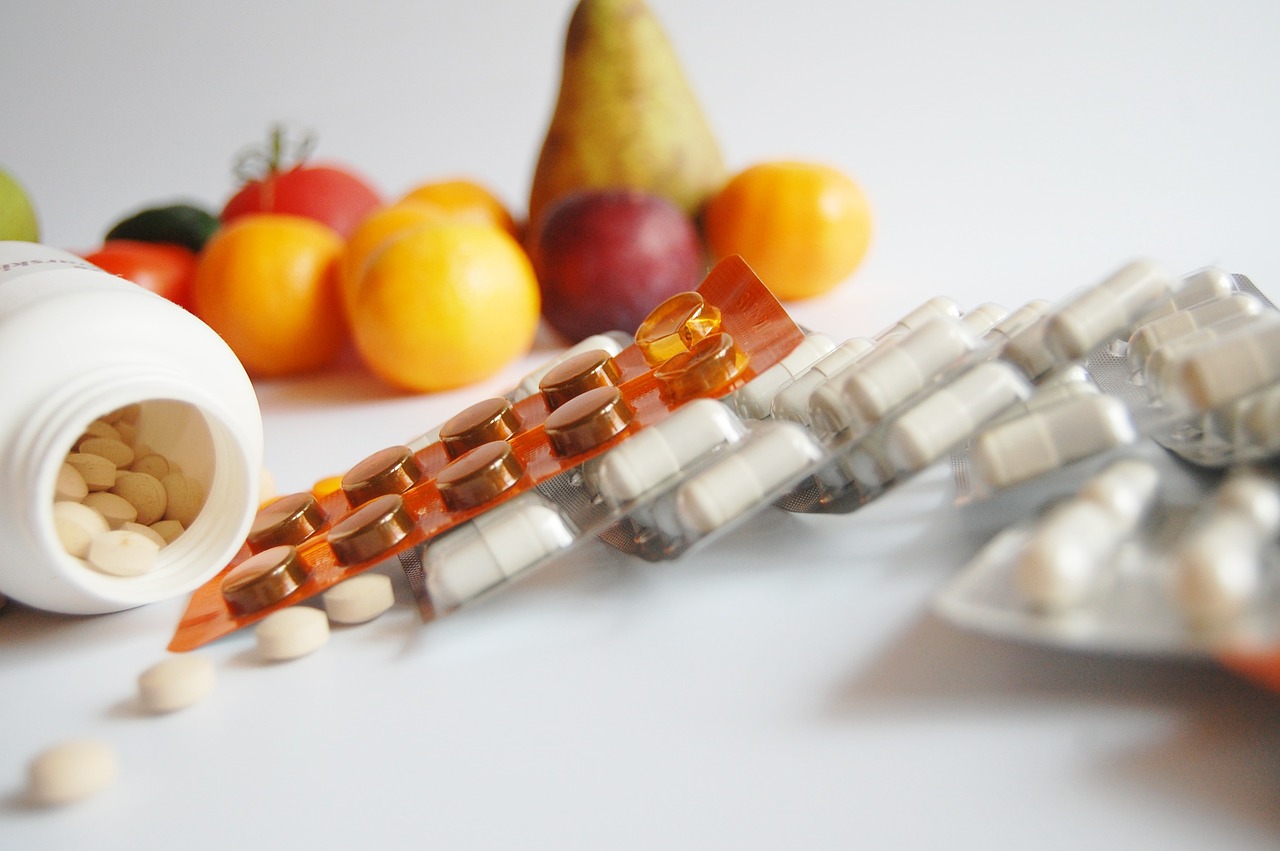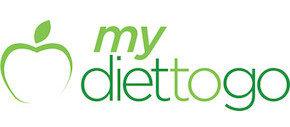7 Essential Supplements for People Over Age 50
Feb 24, 2020

For many of us, aging isn’t necessarily a bad thing.
It often brings financial security and a general comfort in life, freedom and the ability to do what you want — and the whole “wisdom” thing.
In fact, studies show that people’s happiness levels start to rise after the age of 50.
In all, not so bad.
One small downfall of aging is that you sometimes get fewer nutrients. That’s because the number of calories you need tends to go down as you get older.
To ensure you’re aging well and at your best, it’s essential that you’re getting the proper nutrients — whether from foods or through supplements.
Here are 7 of those essential nutrients — and how to get them.
(Note: Before taking any supplement, it’s critical you talk to your doctor and weigh your options first.)Calcium
Unfortunately, the older you get, the more fragile your bones become, and your risk of breaking or fracturing bones increases. Studies show that older adults also tend to consume less calcium.
Ideally, you’ll down lots of yogurt, milk and cheese to get the recommended amount. But if that doesn’t fit into your diet, consider a supplement.Folic Acid
It’s not just for women getting ready to have a baby, folks. Too little of this essential B Vitamin can increase your risk of anemia, a condition that develops when your blood lacks enough healthy red blood cells or hemoglobin.
If you eat lots of cereal and fruits and veggies, you’re probably good to go. But it’s worth asking your doctor if you should add a daily vitamin.
Vitamin D
The best way to get Vitamin D is to get outside and soak in some sun. Here’s the thing, when you get older, you are often more sensitive to sunlight’s less desirable qualities (sunburns and the like). Even more troublesome, the older you get, the less efficiently your skin soaks up Vitamin D from sunlight.
Chat with your healthcare provider about how much Vitamin D you should take and the best way to take it.Magnesium
It’s the star of the show when it comes to the vitamin that promotes overall health. We’re talking your immune system, your heart health, heck even your bone health.
Unprocessed foods are a great source of magnesium, but it’s also worth checking into if you should be adding a supplement, too.Potassium
High blood pressure and kidney stone risks are diminished with this essential mineral for cell function. Doctors recommend 4,700 mg of potassium per day — an amount, unfortunately, most people don’t get.
Luckily, potassium supplements are readily available. Be aware, if you’re going to take a supplement, talk to your doctor first. Too little potassium is not great for your health — too much can be dangerous.Vitamin B12
Healthy nerve function is generated in large part by Vitamin B12. When your body ages, you don’t really retain it as well as when you’re younger.
Fish, meat, poultry and eggs are packed with Vitamin B12. You might, again with a doctor’s approval, consider a supplement, too.Fiber
The best way to combat those pesky upset stomachs is via fiber. Fiber promotes a healthy digestive tract, as well as other benefits (like combating heart disease, for example).
Eat whole grains if you want to go the natural way or think about taking a supplement (they even make powdered drinks).
What supplements do you recommend for optimal health? Share in the comments below!------------------------------------------------------------------------------------
Author: Caitlin H
Diet-to-Go Community Manager
Caitlin is the Diet-to-Go community manager and an avid runner. She is passionate about engaging with others online and maintaining a healthy, active lifestyle. She believes moderation is key, and people will have the most weight loss success if they engage in common-sense healthy eating and fitness.





